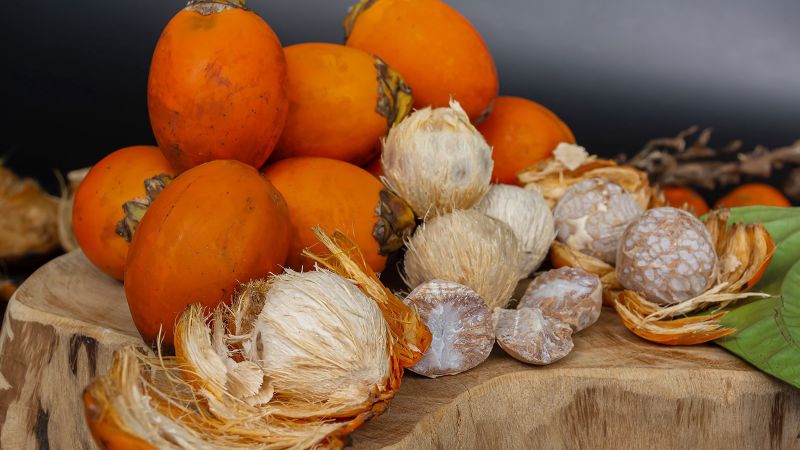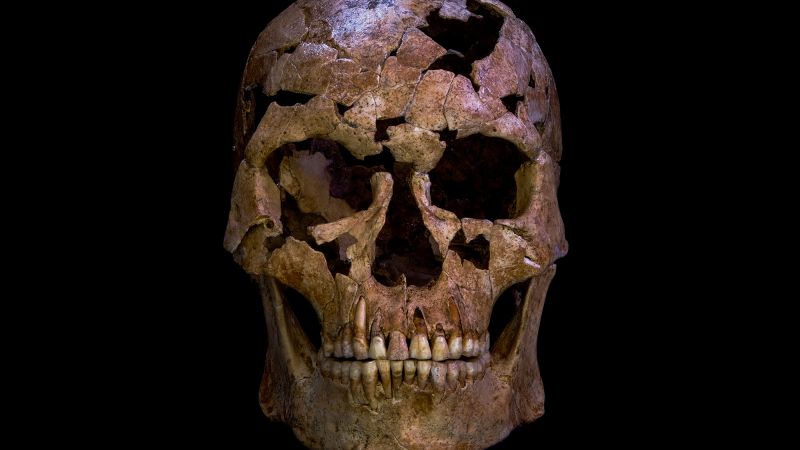
Ancient Thai Communities Revealed Through 4,000-Year-Old Dental Plaque Analysis
Culture | 7/31/2025
Archaeologists have made a significant discovery regarding ancient Thai communities through the analysis of 4,000-year-old dental plaque. This marks the first instance where advanced scientific methods have been employed to identify remnants of betel nut chewing in archaeological findings. The study sheds light on the earliest known use of this psychoactive substance in human history.
Betel nut, a seed of the Areca catechu palm, has been traditionally chewed for its stimulant effects in various cultures across Asia and the Pacific. The presence of betel nut residues in the dental plaque of individuals from ancient Thai communities provides valuable insights into their cultural practices and dietary habits thousands of years ago.
The utilization of advanced scientific techniques to examine ancient dental plaque represents a novel approach in archaeological research. By identifying traces of betel nut consumption in these 4,000-year-old teeth, researchers have expanded our understanding of the historical use of psychoactive substances in ancient societies.
Experts emphasize the importance of such findings in unraveling the mysteries of past civilizations. Dr. Sarah Lee, an archaeology specialist, underscores the significance of this discovery, stating, “The analysis of dental plaque offers a unique window into the dietary and cultural practices of ancient populations, providing invaluable clues about their way of life.”
This groundbreaking research not only enriches our knowledge of ancient cultures but also highlights the innovative methods being employed in archaeological investigations. The study of 4,000-year-old teeth revealing the earliest use of betel nut underscores the continuous evolution of scientific techniques in uncovering the secrets of our shared human history.


